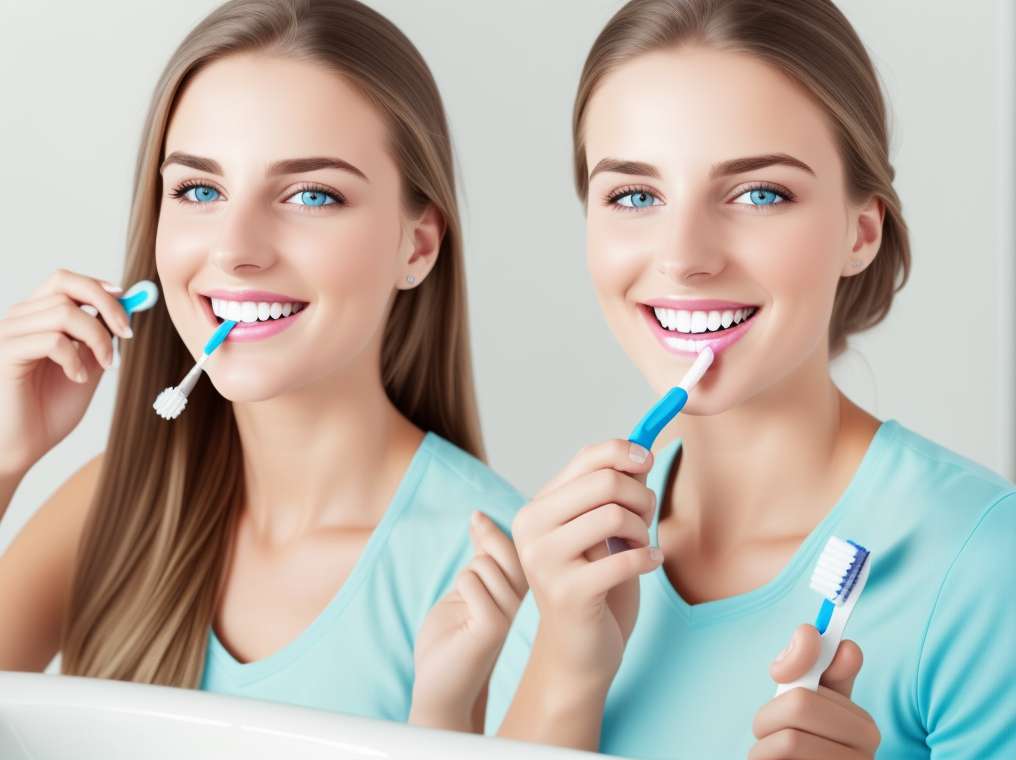Risks in children with diabetes
April 2024

According to the Official Mexican Standard (NOM-013-SSA2-1994) "For the prevention and control of oral diseases", Mexico is classified internationally by the World Health Organization (WHO) as one of the countries with high frequency range in oral diseases; Caries is the main condition and affects more than 90% of the Mexican population.
You may also be interested: 9 tips to avoid tooth decay
In accordance with Jeffrey Cole , president of the Academy of Dentists American when we eat or drink acidic foods or drinks, the pH in the mouth decreases and it takes a while to return to its normal level.
This means that if you wash your teeth right away from the food, you distribute the acid from the food on your teeth; this weakens or demineralizes the surface of the same, making them susceptible to the main oral enemy: caries.
You may also be interested: 5 habits vs caries
Cole , also refers that the ideal pH in our mouth has a value of 7; a lower value is equal to acid pH. For example; a soft drink, regardless of whether it is low in calories, has a pH of 2.5, a value very similar to the pH of vinegar.
Wait time. A study published in General Dentistry , reveals that if you wait 30 minutes, after eating your food, saliva helps reduce the acidity of them, so during brushing you will not affect your teeth.
You may also be interested in: Oral health test
About this in GetQoralHealth and through specialist information Jeffrey Cole , we give you the following recommendations to take care and keep your smile healthy and radiant.
1. Water After a meal rinse your mouth with water to help the pH stabilize in its normal range.
2. Rinse. It is essential to have an antibacterial mouthwash, especially at your place of work.
3. Soft brushing. Brush your teeth from top to bottom and not from right to left, avoid sudden movements, make smooth but effective movements.
4. Time . Make sure that brushing lasts at least 3 minutes without forgetting the tongue.
5. Chewing gum . Choose a chewing gum without sugar and containing xylitol, this substance helps prevent cavities and chewing gum stimulates salivation to maintain an adequate oral pH.
6. At night. At night we produce less amount of saliva, so avoid going to sleep without first brushing your teeth.
Remember that a periodic review of your oral health is essential. Consult your specialist and do not fall victim to the so-called "silent diseases" Beware!